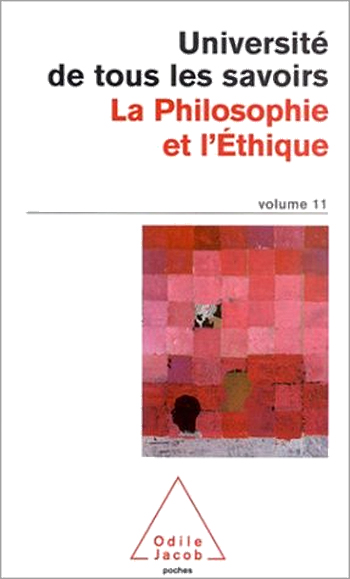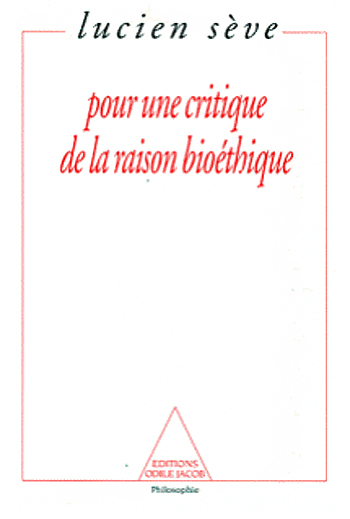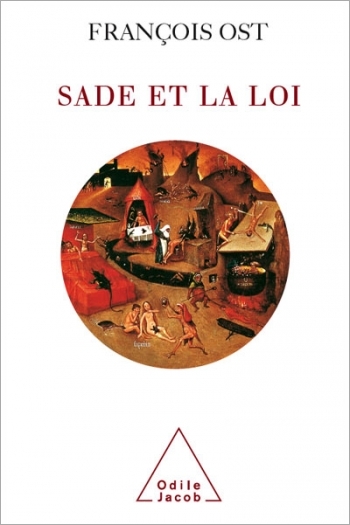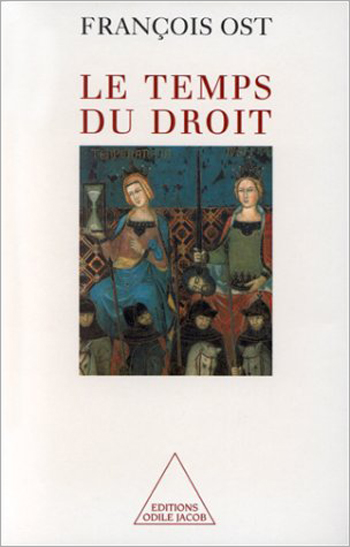Ethics All books
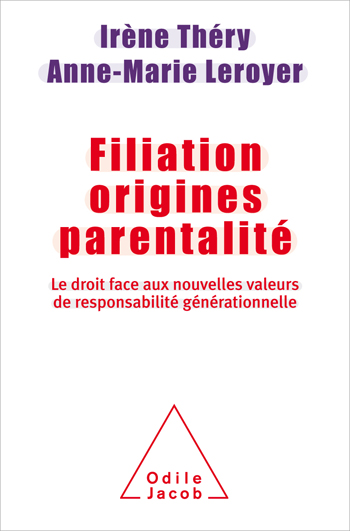
Irène Théry
Filiation, Origins, Parenthood How Lawmakers Are Dealing with Recent Notions of Inter-generational Responsibility
One of the most sensitive social issues of the day, analysed by an acclaimed specialist on family and social transformations
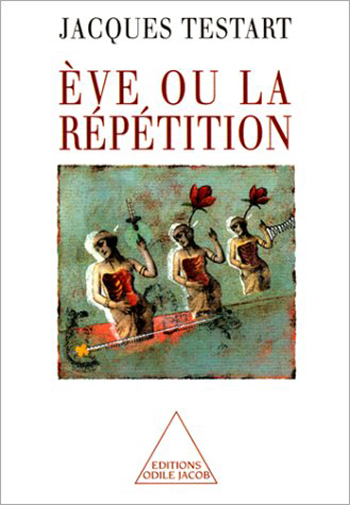
Jacques Testard
Eve, or the Clone ?
It's 2016 in Paris. Not much has changed, except that, now, a huge protective wall separates privileged neighborhoods from the surrounding slums, which are crowded which those of inferior genes. A member of the National Committee for Genetic Evaluation, young Eve observes the world around her without much soul-searching. That is, until the day when a series of strange e-mail messages turn her life upside down. Before his death, her father had discovered how to clone human beings. Has he tried out his discovery on his very own daughter? Part scientific fable, part story of love and suspense, Testart brings up ethical questions posed by the possibility of human cloning. Father of the first French test-tube baby, Jacques Testart is director of the in vitro fertilization laboratory at the Antoine-Béclère Hospital.
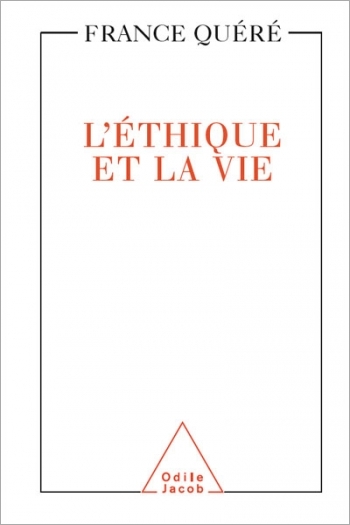
France Quéré
Ethics and Life
The recent advances in life sciences have modified our knowledge about the nature of man. Genetic engineering has given us a certain power over his future. Which principles must preside over artificial procreation and organ donation? How far can we allow genetic engineering and medical experimentations to go? What are the moral and ethical barriers of human science?
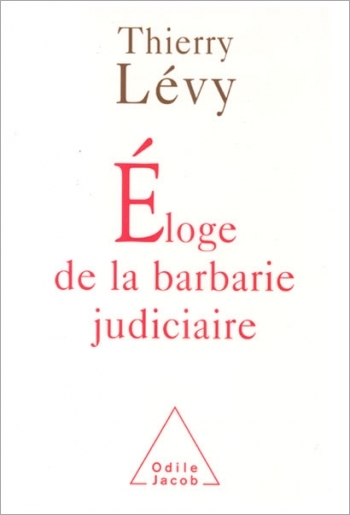
Thierry Lévy
In Praise of Judicial Barbarity
In March 2004, France instituted a special legal procedure, to be applied in infractions judged as serious, as part of an effort to give police more powers to combat new types of crime. If money-laundering and giving assistance to illegal immigrants may be regarded as relatively recent infractions, stealing, murder, procuring and counterfeiting are all ancient violations. The new procedure extends the powers of police to hold prisoners in custody; it will also allow some offenders who plead guilty and accept the public prosecutor's sentence to avoid a public trial. Thierry Lévy, a renowned criminal lawyer, shows that the new law only confirms a tendency that has been at work for a long time, since many trials are no more than empty ceremonies sanctioning decisions that have already been reached. The author examines the way Justice in France today functions and puts some current dysfunctions of the legal system in their historical perspective. He argues that Justice cannot be served if the rights of the defence are ignored. Thierry Lévy is a lawyer and a member of the Paris Bar. He is the author of Justice sans Dieu and the co-author, with Jean-Denis Bredin, of Convaincre.

